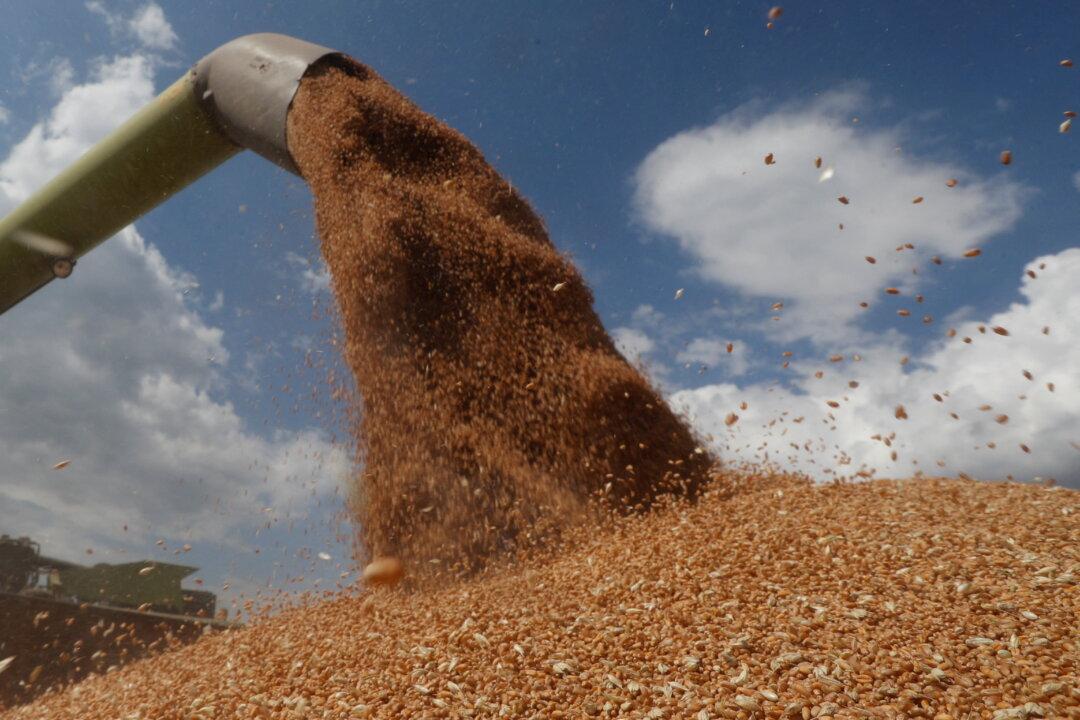Russia’s war with Ukraine is creating worries of a potential global wheat supply crunch, with countries in the Middle East especially standing to lose the most due to their dependence on the two nations for the staple.
Russia and Ukraine combined account for 29 percent of global wheat exports, with the Middle East being a major buyer. If Russia captures Ukraine’s Odessa port, it can essentially disrupt Kyiv’s wheat supply to the Middle East and North Africa. Importing around 50 percent and 30 percent from Russia and Ukraine respectively last year, Egypt remains the world’s top importer of the grain.





